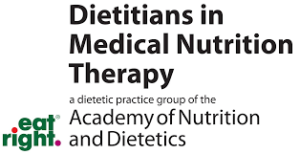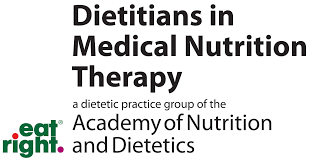What is the ERAS nutrition plan?
Enhanced recovery after surgery (ERAS) is a set of guidelines that includes a nutrition plan used before and after planned surgeries. ERAS includes the use of specialized beverages in preparation for surgery:
- Immunonutrition involves the use of oral nutrition shakes that have higher amounts of calories, protein, and nutrients to help with wound healing.
- Carbohydrate loading drinks increase the amount of stored carbohydrates in your body to help prepare for and recover from surgery.
ERAS guidelines have been shown to lower:
- Length of stay in hospital.
- Readmissions into the hospital.
- Hypoglycemia (low blood sugar).
- Complication rates after surgery.
- Rates of infection.
- Muscle loss.
What may be included in an ERAS nutrition plan
Meet with a dietitian for nutrition counseling who is familiar with ERAS guidelines. They will screen for malnutrition, including specific nutrients such as iron and vitamin D levels. They may suggest a meal plan, standard nutritional shakes (ex: Boost®, Ensure®, Kate Farms®), and certain vitamins/ minerals to optimize your nutrition before a planned surgery. These recommendations may help to manage your weight and correct nutritional deficiencies.
Your team may recommend you drink immunonutrition shakes 2-3 times a day. These contain specific nutrients that help with wound healing, inflammation, and recovery, such as: L-arginine, L-glutamine, and omega-3 fatty acids. Some examples of shakes are: Ensure® Surgery, Nestle® Impact Advanced Recovery, and Juven® powder.
You may be allowed to eat solid foods up to 6 hours before your procedure.
You may be given a drink high in carbohydrates 12 hours before, plus up to 2 hours before surgery. Some common drinks include:
- Ensure® Pre-Surgery (2 bottles the night before, 1 bottle 2 hours prior to surgery).
- Nestle® PreLoad (2 sachet mixed in 400ml water each the night before, 1 sachet in 400ml water 2 hours prior to surgery).
- Clear Fast® Pre-op (1 bottle the night before, 1 bottle 2 hours prior to surgery).
Depending on hospital guidelines, surgery type, and recovery, your team may suggest you start eating within 4 hours after surgery. Nutrition recommendations may include a light meal, shakes (including immunonutrition types), and ideas for hydration. These can help reduce nausea or upset stomach that may happen after surgery, resume bowel function, and possibly decrease your hospital stay. Additional calories are helpful for overall recovery from surgery.
- A dietitian may meet with you before you leave the hospital to discuss your dietary recommendations. They may give you suggestions on your specific calorie and protein needs through balanced meal planning, texture modifications of food if needed, oral nutrition supplements, vitamins, and proper hydration techniques.
- See the oral rehydration solutions handout to maintain adequate hydration if you have fluid losses from diarrhea, high ostomy output, or short bowel syndrome.
Resources
Written by

Laura Manning, MPH, RDN, CDN
Therezia AlChoufete, MS, RD, LDN
Neha D. Shah MPH, RD, CNSC, CHES
Reviewed by the DIGID Inflammatory Bowel Disease Workgroup ©2021

Laura Manning, MPH, RDN, CDN
Therezia AlChoufete, MS, RD, LDN
Neha D. Shah MPH, RD, CNSC, CHES
Reviewed by the DIGID Inflammatory Bowel Disease Workgroup ©2021


